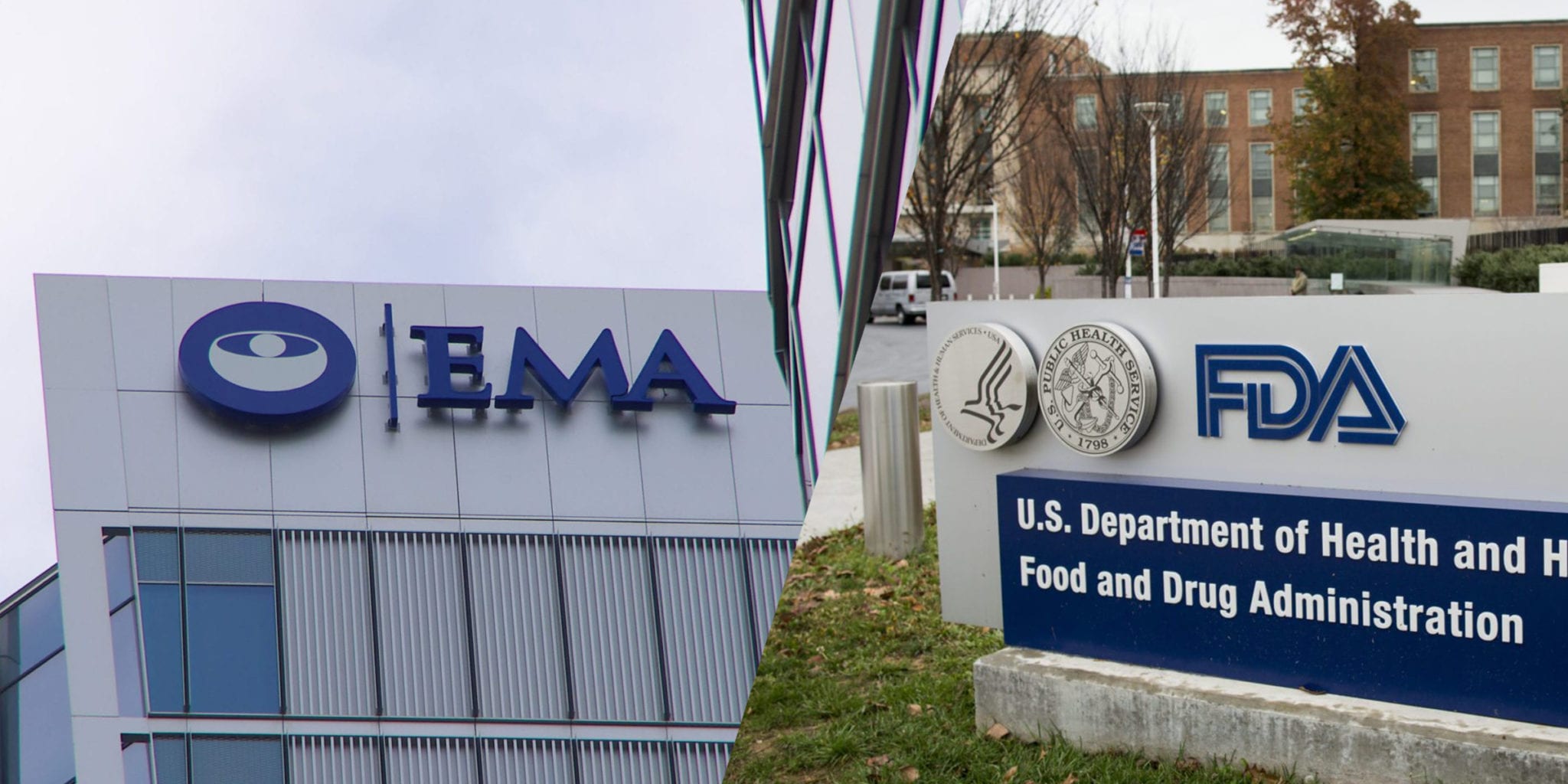
Image credit: Shutterstock, AP
Banking on hope, swayed by hype? Hydroxychloroquine in the time of Covid-19
As coronavirus deaths amassed and already stretched health care systems in Europe, and the United States groaned with the added weight of the pandemic, the …
Sign up to read this article for free.
Get free access to a limited number of articles, plus choose newsletters to get straight to your inbox.